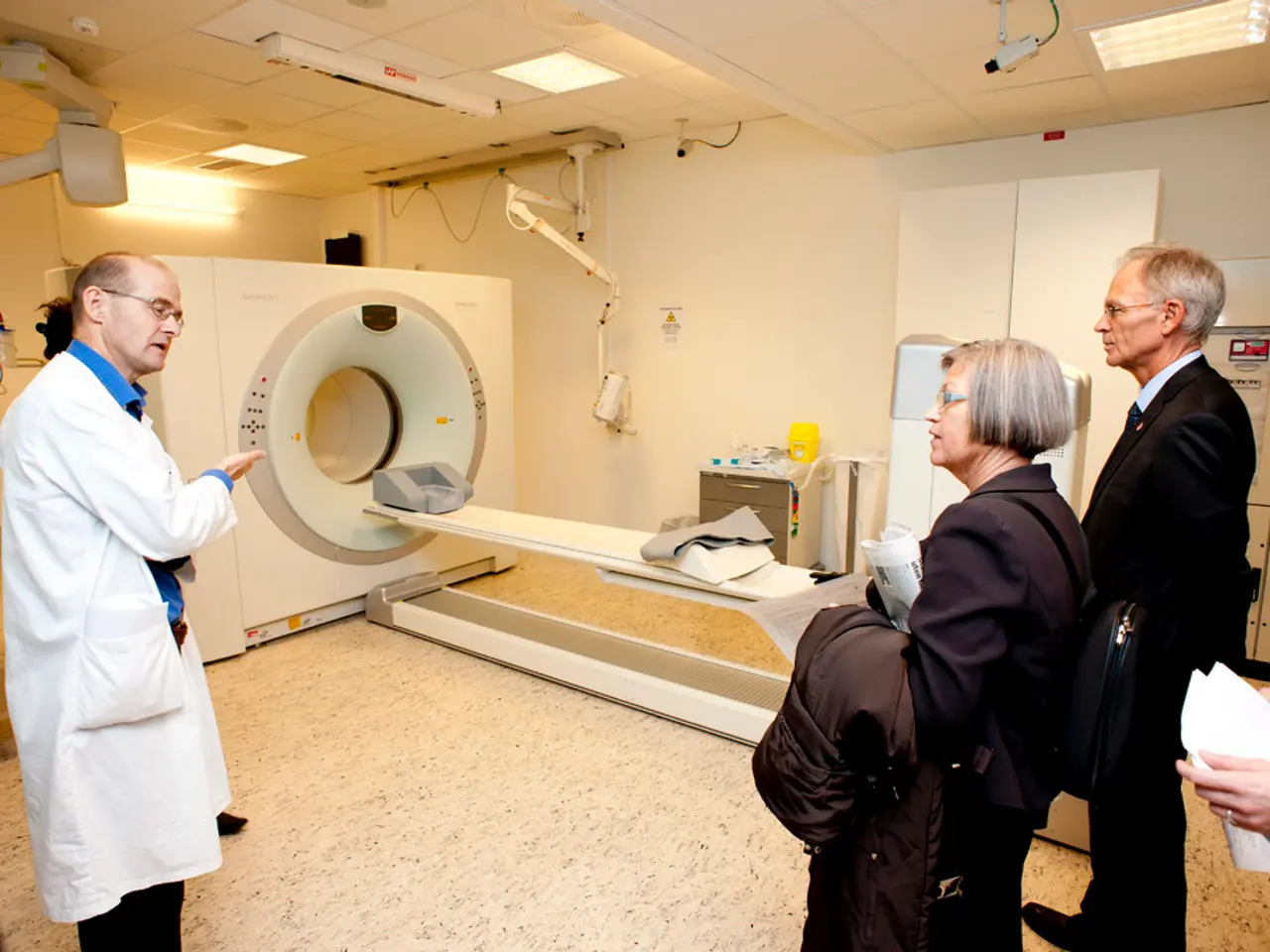Medical services on Côn Đảa Island are set to be enhanced, as HCM City looks to develop a comprehensive healthcare system on the island.
**Headline:** Addressing Healthcare Challenges on Con Dao Island: Rotating Specialist Teams and Infrastructure Upgrades
**Subhead:** Local authorities and leading hospitals are working together to improve healthcare services on the popular tourist destination.
Con Dao Island, known for its stunning beaches and rich biodiversity, faces significant challenges in developing specialized healthcare due to its remote location, staffing shortages, and limited infrastructure. The island, which currently has around 14,000 permanent residents and welcomes over 400,000 tourists annually, is home to a 60-bed Military-Civilian Medical Centre.
Geographic isolation and emergency transport pose major challenges for the island, with seriously ill patients relying on infrequent and weather-dependent boat or helicopter transfers. This leads to delays and high-risk situations, limiting the ability to handle complex or critical cases on the island.
There is a severe shortage of healthcare professionals, particularly specialists, making it difficult to provide advanced or continuous care for complex conditions. The current medical center employs only 16 doctors to serve a growing residential, tourist, and military population, plus seasonal visitors.
To address these challenges, Ho Chi Minh City’s health sector, now encompassing Con Dao after regional merger, is launching a program to rotate skilled doctors in surgery, obstetrics, internal medicine, and pediatrics to the island, starting in Q3 2025. This includes not only clinical care but also on-site and online training for local staff to build capacity.
Authorities are prioritizing the development of safe, on-site obstetric care, including teams for anesthesia-resuscitation and neonatal intensive care. Plans are also underway to establish an on-site blood bank to support emergency surgeries and critical care, reducing reliance on risky transfers.
There is a commitment to upgrading medical facilities and equipment, with the goal of transforming the existing center into a general hospital capable of handling a broader range of medical conditions and emergencies. This includes expanding bed capacity and clinical departments.
To attract and retain healthcare professionals, local authorities are developing special policies and proposing incentives for doctors willing to work in Con Dao. Collaborations with medical universities in Ho Chi Minh City aim to create training programs for rotating doctors and to strengthen the skills of local staff.
Remote medical consultations and online continuing medical education (CME) are being implemented to support both patient care and professional development for island healthcare workers.
In conclusion, Con Dao Island faces significant challenges in developing specialized healthcare. However, local authorities, in collaboration with leading hospitals and medical universities, are addressing these through rotating specialist teams, infrastructure upgrades, policy incentives, and telemedicine, aiming to build a resilient, modern healthcare system capable of meeting the needs of residents, military personnel, and a growing tourist population.
- By working with hospitals and medical universities, the local authorities aim to transform the existing Medical-Center into a general hospital that can handle a broader range of health-and-wellness conditions and emergencies, including medical-conditions, through expansions in bed capacity and clinical departments.
- To support both the health-and-wellness of patients and the professional development of healthcare workers, remote medical consultations and online continuing medical education (CME) are being implemented on Con Dao Island.
- To build a resilient, modern healthcare system that meets the needs of the growing residential, tourist, and military population on Con Dao Island, special policies are being developed and incentives are being proposed for doctors willing to work there, in addition to increasing investments in AI and Science-based medicine.




